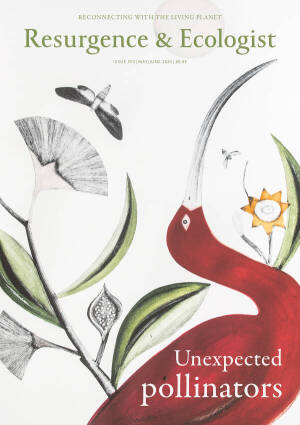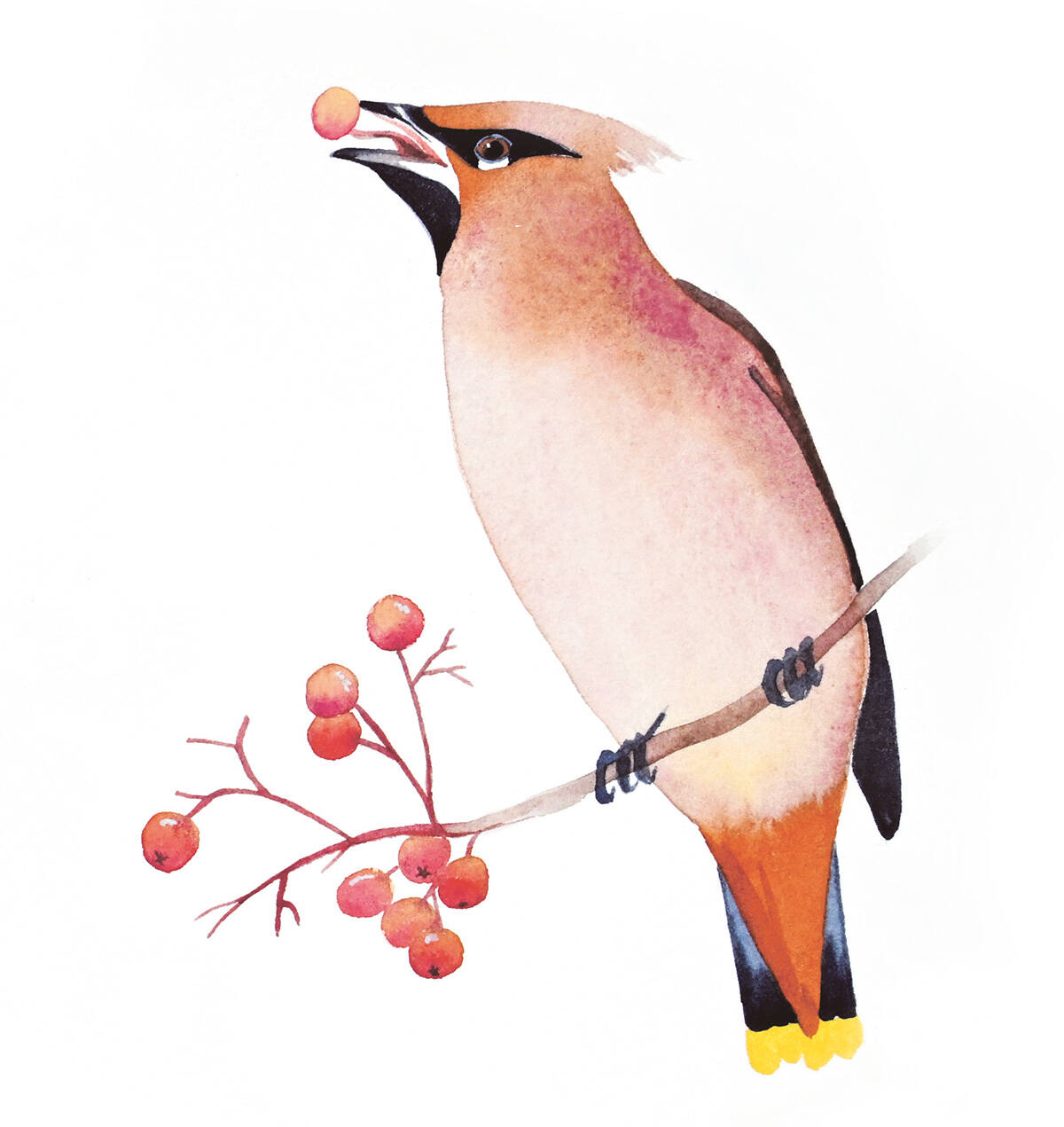If you’ve read Braiding Sweetgrass, Robin Wall Kimmerer’s bestselling paean to the Earth and its beings, The Serviceberry is a natural extension to the conversations she cultivated. Expanded from a magazine essay, it offers a peek into the basket of economic alternatives to capitalism which Kimmerer has foraged. Bundled up as “gift economies”, the ideations shared are seeded from Indigenous cultures, Nature mimicry, motherhood and mutual aid. Each inspiration for a gift economy is grounded in the recognition of the “unconditional love that plants have for people”, and the reality that “We humans must consume since we are animals to whom the gift of photosynthesis was not given.”
While the mindset of reciprocity encouraged by Kimmerer’s first book planted the seeds of change in so many, The Serviceberry offers multiple pathways to further enhance praxis. In gift economies, goods and services circulate without explicit expectations of direct compensation. Rather than goods and money, the currency is gratitude, connection and communal wellbeing. An economy in which one receives wealth and secur-ity by sharing abundance rather than hoarding.
Unlike the (false) narrative of scarcity required to uphold capitalism, produced by extractive personalities (whom she calls ‘Darrens’ after ExxonMobil’s CEO), the mentality of a “gift economy” names all we receive from the Earth as a gift. This hopes to create interconnected beings who feel their membership within the web of life and are naturally accountable for all the gifts they receive.
Kimmerer reminds us that gift economies already exist. They exist in the relationship between mother and baby. The mutuality that arises spontaneously in times of disaster when people give freely to one another through networks of mutual aid. It is in the symbiotic relationships of “more-than-human-beings” like “the Maples who gave their leaves to the soil, the countless invertebrates and microbes who exchanged nutrients and energy to build the humus in which a Serviceberry seed could take root, the Cedar Waxwing who dropped the seed, the sun, the rain, the early spring flies who pollinated the flowers, the farmer who wielded the shovel to tenderly settle the seedlings”. The list goes on. In each of these instances, the shape becomes circular, and acts of gratitude become shared culture.
As in Braiding Sweetgrass, Kimmerer challenges us to practise reciprocity, to learn the circular story behind all the gifts we receive, and to follow the thread each item of the living world experiences to become what it is. She works to help us imagine the ways in which we might offer gifts in return for all we receive. And the actions we can take to practise that gratitude.
It is an incredibly hopeful read, but somewhat lacks urgency by suggesting the new gift economy relies on “the slow, steady replacement of that which does not serve ecological flourishing”. While Kimmerer acknowledges our place within “the tension between what is and what is possible”, there is no clear pointed solution to the major polluters who drive the crises we face. Instead, her beautiful prose is directed at individuals, perpetuating change from the bottom up, an angle which climate activists have warned is a backwards approach.
Yet meaningful social change can influence collective culture, and sometimes that change moves with unexpected swiftness. It is indeed possible that in applying to our communities the mosaic of possibilities Kimmerer shares, we might fill the deep gaps our current extractive economy creates. Undoubtedly, by nurturing place-based intentional communities of mutual self-reliance and reciprocity, we’ll be more prepared for the big changes and challenges of the very near future. Enabling us to weather the world to come while grounded in lived experience of the world we wish to create.
Because there is always hope where there is life. And there is always life where there is hope.
The Serviceberry: An Economy of Gifts and Abundance by Robin Wall Kimmerer. Penguin Books, 2024ISBN: 9780241721308








